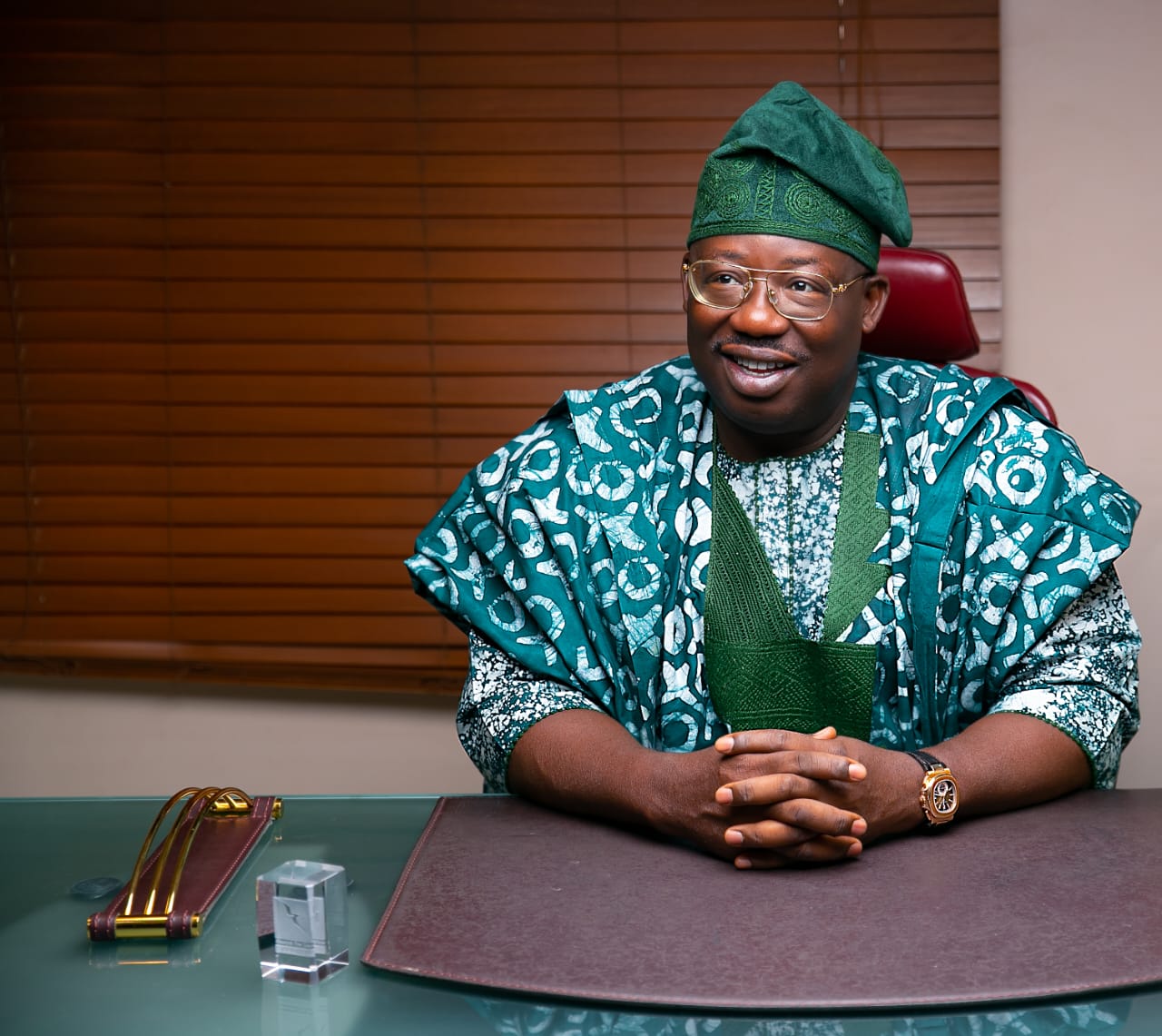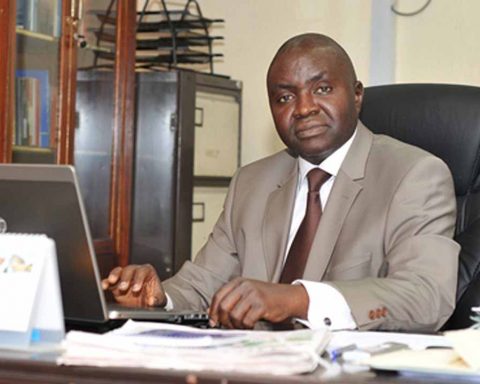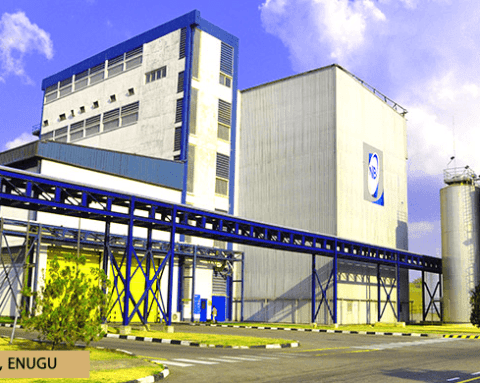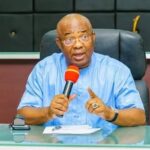Highlighting Nigeria’s rising reserves, stable exchange rate and easing inflation the country has been urged to invest in human capital and be wary of high debt costs and other poverty risks, even as it celebrates its 65th Independence anniversary on October 1, 2025.
Chairman of the Alliance for Economic Research and Ethics Ltd/Gte, Dele Kelvin Oye in a signed statement he mad available to www.primebusiness.africa emphasized the urgent need for shift in national development priorities toward human capital development, while warning that the country’s current economic recovery remains fragile.
Join our WhatsApp ChannelAcknowledging that the economy remains the dominant theme of public discourse, Oye underscored the need for sustainable growth and inclusive prosperity anchored on measurable investments in education, healthcare, and human capacity building.
Reviewing policy outcomes since the May 29, 2023 change in administration, the group described the results as a “mixed bag.” On the positive side, external reserves have risen to approximately $42 billion, a development that has underpinned exchange rate stability and contributed to moderating inflationary pressures.
Oye, however, expressed reservations about the prevailing high-interest-rate regime, cautioning that debt servicing obligations continue to absorb the largest share of federal and state government expenditure. It warned that without fiscal prudence, rising debt repayments could erode the gains of macroeconomic reforms.
“As we enter another year of independence, we remind the government that the recovery is still fragile. The warnings by the World Bank, WTO, and other development partners on rising poverty and vulnerability risks remain paramount,” the Alliance for Economic Research and Ethics Ltd/Gte chairman said.
Oye congratulated the leadership on its reform momentum but underscored the need for a national compact anchored on predictable policy, accelerated and transparent infrastructure delivery, targeted social protection to reverse poverty growth, and enforceable sectoral and subnational borrowing caps to safeguard fiscal stability.
He further called on stakeholders, including government, legislature, organized labour, private sector, and development partners, to engage in constructive, time-bound dialogue to translate reforms into inclusive and durable prosperity.














